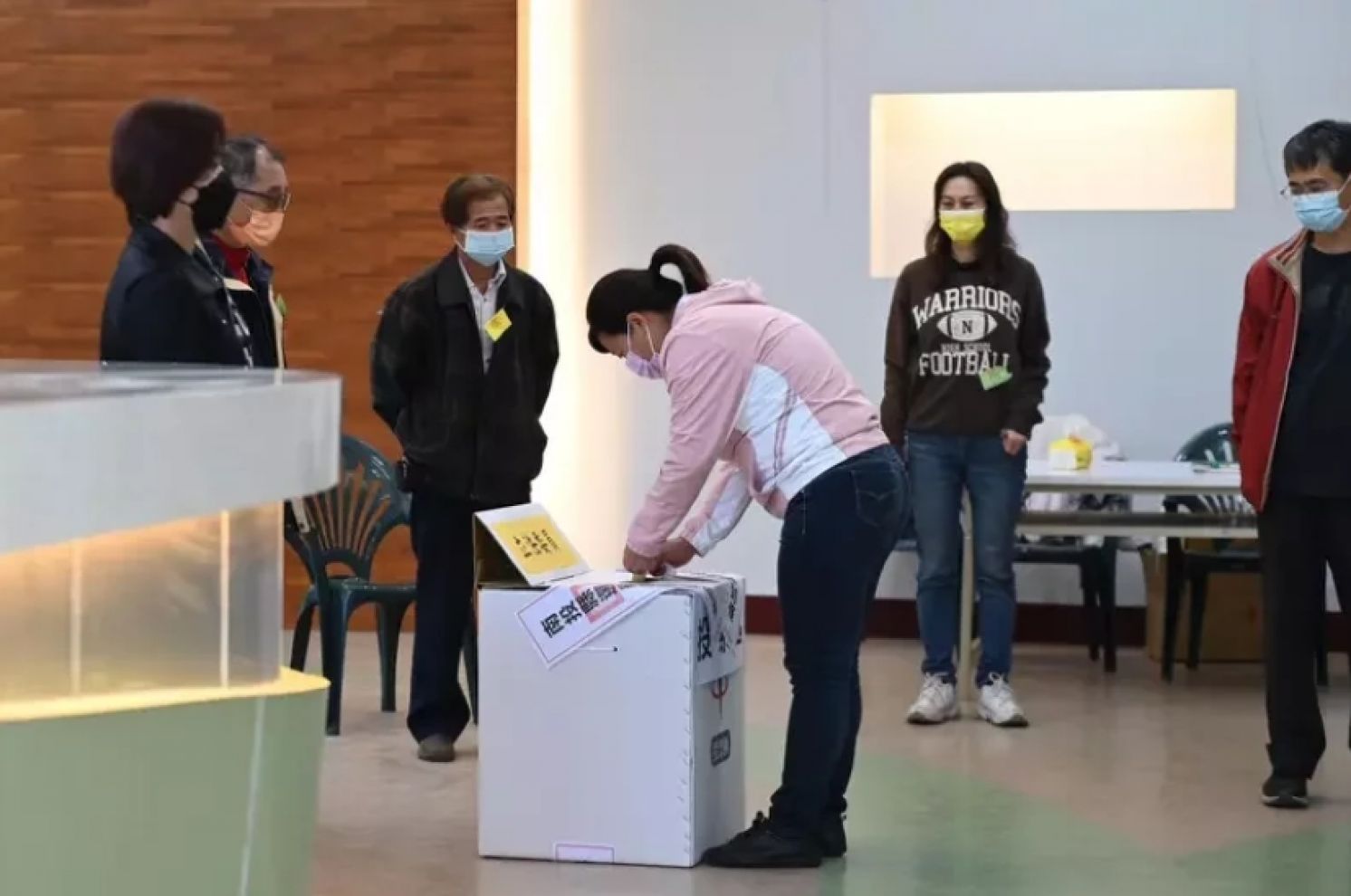
This Week in Taiwan 0226-0304
February 28: The United States House Financial Services Committee passed three Taiwan-friendly bills aimed at curbing the economic strength of the Chinese mainland, encouraging Taiwan to join the International Monetary Fund (IMF), and putting forth economic plans to deter Beijing's attempts to invade Taiwan, including plans to exclude China from international organizations such as the Group of 20 (G20) should the mainland threaten Taiwan's security.
February 28: The National Symphony Orchestra (NSO) invited Russian soprano Anna Netrebko to Taiwan for a concert performance on March 5 but was criticized by ruling Democratic Progressive Party (DPP) legislators. According to them, Netrebko once supported President Vladimir Putin and should not appear in Taiwan's National Concert Hall, out of respect for the Ukrainian people. The NSO subsequently announced the cancelation of the concert.
March 1: After former Minister of the Interior Hsu Kuo-yung became the host of a political talk show on FTV, Lin He-ming, former deputy secretary-general of the DPP, has been designated to serve as chief marketing officer of a subsidiary of Sanlih E-Television. Critics question the DPP's control of politics and the media.
March 1: The American Institute in Taiwan announced that Chairman James Moriarty will retire after serving in his capacity for more than six years. He is to be succeeded by Laura Rosenberger, senior director on China and Taiwan affairs in the White House National Security Council. She was recommended by Secretary of State Antony Blinken. According to Reuters, the appointment shows that the United States intends to strengthen interactions with Taiwan. As chair, Ms. Rosenberger's tasks will include communicating with presidential candidates from different political camps in Taiwan and promoting Taiwan's procurement of mine-laying systems and other arms to build asymmetric combat capabilities.
March 2: The Tainan District Prosecutor's Office investigated and handled the alleged bribery scandal involving the DPP-affiliated speaker and deputy speaker of the Tainan City Council. The prosecution determined that Kuo Chai-chin, former member of the central executive committee of the DPP, Speaker Chiu Li-li, and Deputy Speaker Lin Chih-chan used lure and intimidation tactics to buy councilor votes at more than NT$10 million (about US$327,600) per vote. The prosecution pressed charges for their making criminal demands, promising bribes, and attempting to obstruct elections and recommended that the judge impose heavy sentences.
March 2: Japanese newspaper Nihon Keizai Shimbun reported that 90 percent of Taiwan's veterans go to mainland China and even provide intelligence to the Communist Party. The Office of the President, Ministry of Foreign Affairs (MOFA), and Veterans Affairs Council all expressed deep regret and condemned the report for distorting and slandering the reputation of retired military officers. MOFA asked the Taipei Economic and Cultural Representative Office in Japan to demand clarification from the newspaper.
March 3: The Ministry of National Defense (MND) announced draft amendments to the All-out Defense Mobilization Readiness Act, which generated controversies including students going to the battlefield, making weapons, and suppressing news. Premier Chen Chien-jen announced that the case be suspended after the preview period of 14 days and asked the MND to carefully consider whether to propose an amendment after collecting and integrating public opinion.
March 4: A legislator by-election was held in Nantou for the seat left vacant by Hsu Shu-hua, who was successfully elected county executive. DPP candidate Tsai Pei-hui secured 45,218 votes, defeating KMT candidate and former County Executive Lin Min-chen by a narrow margin of 1,925 votes. The voter turnout was 46.35 percent.